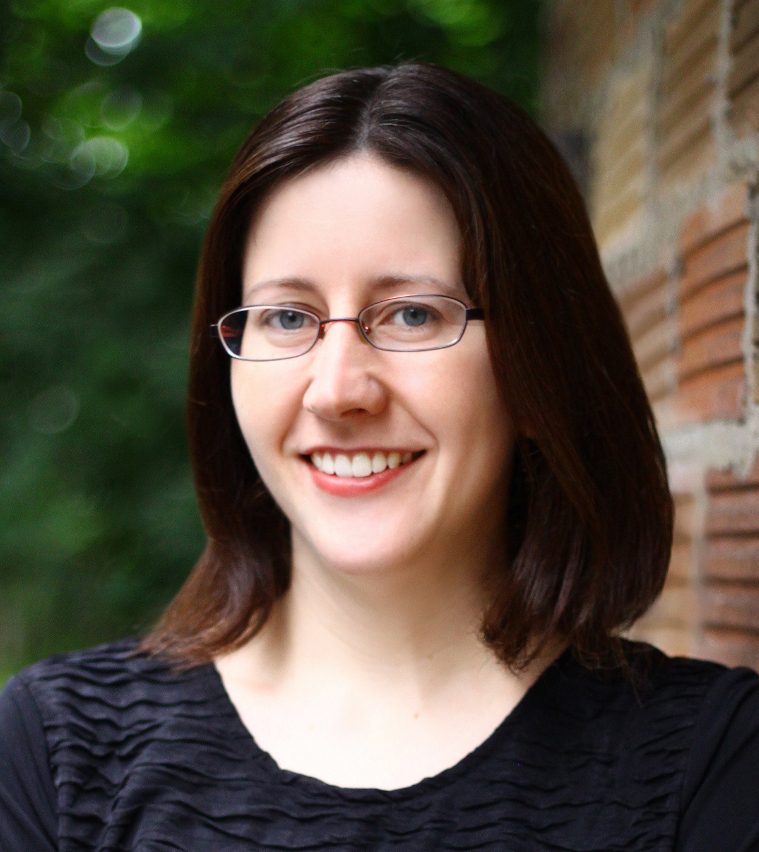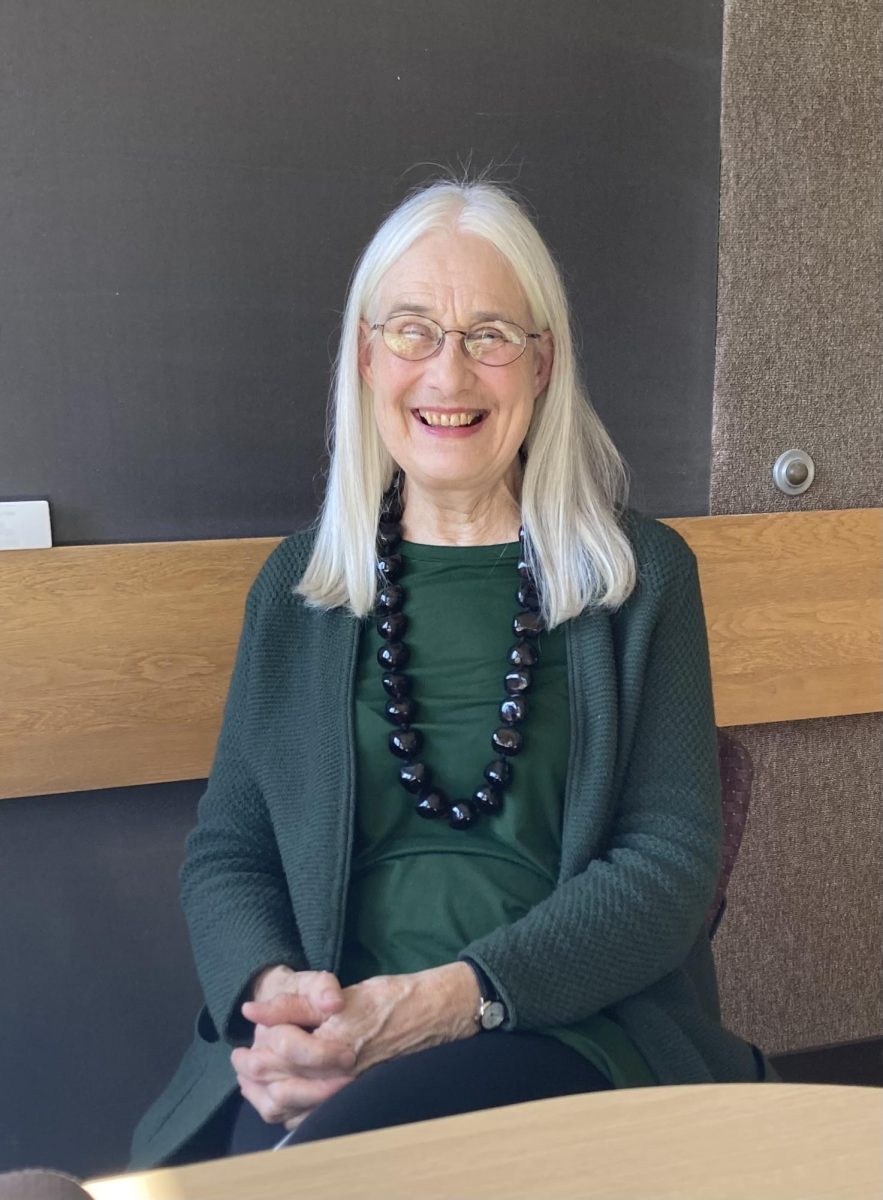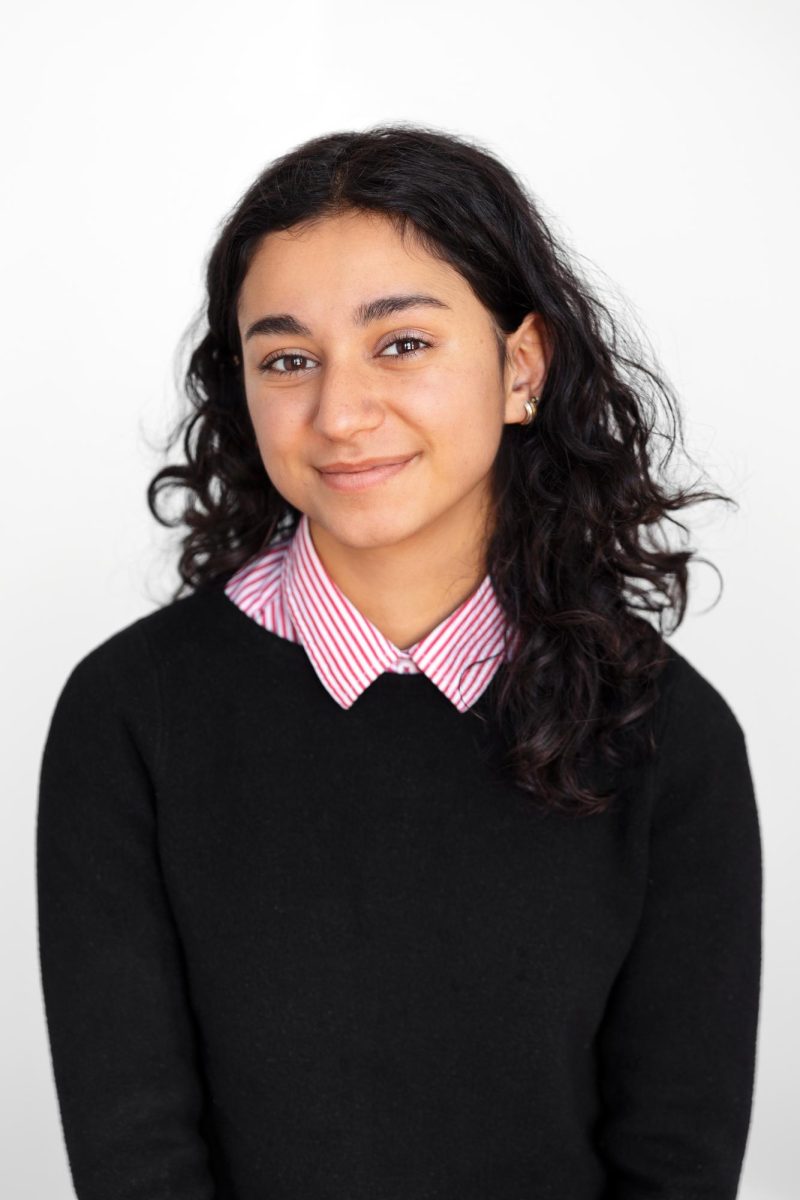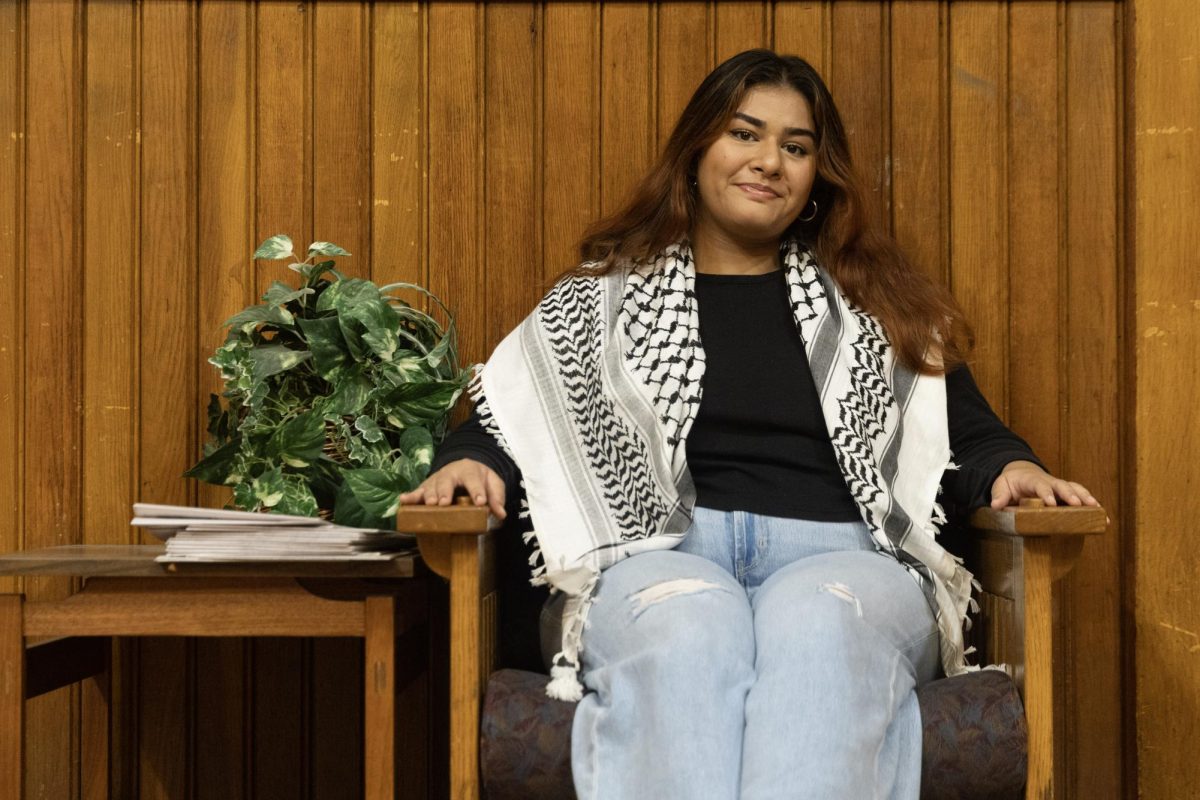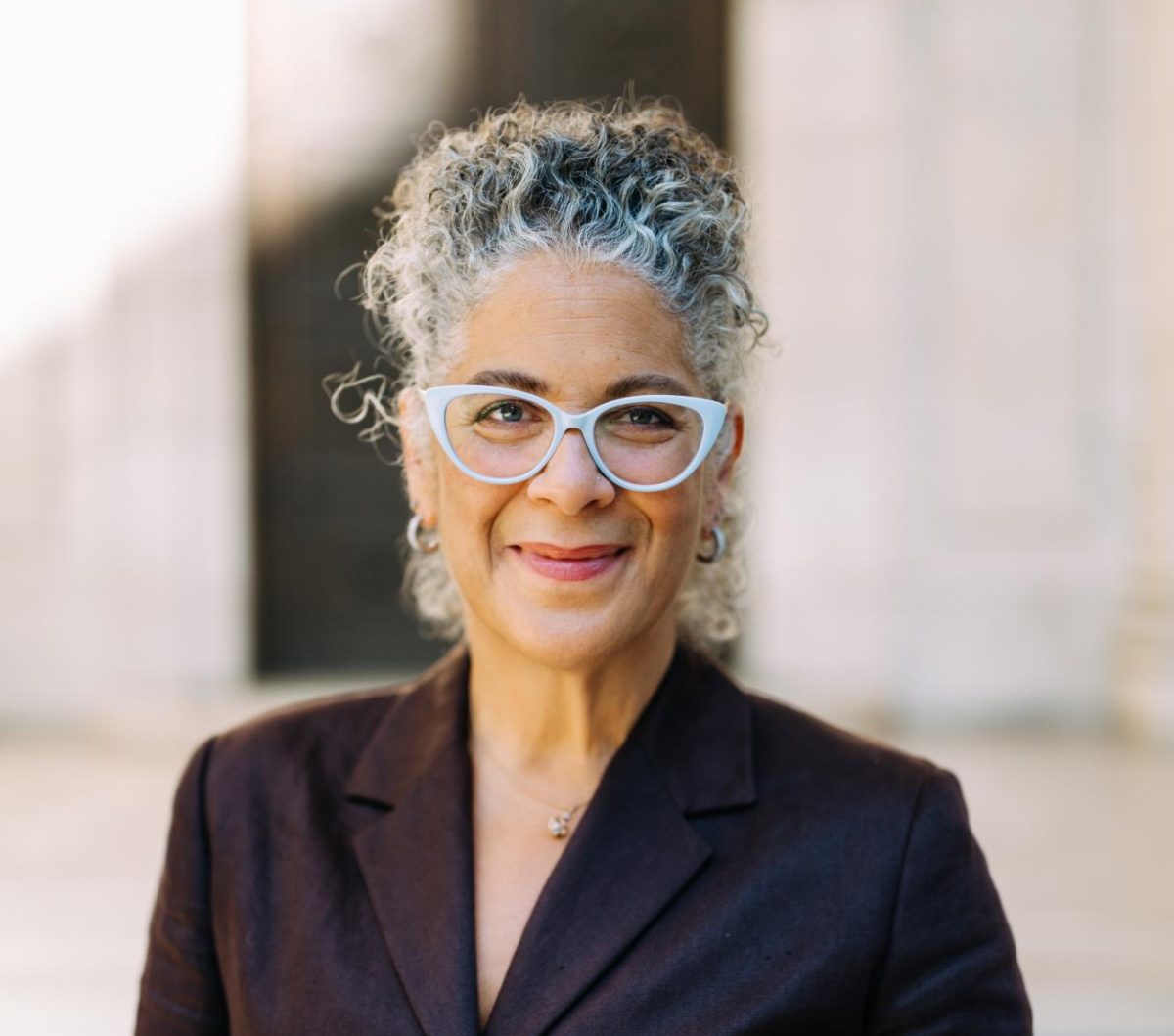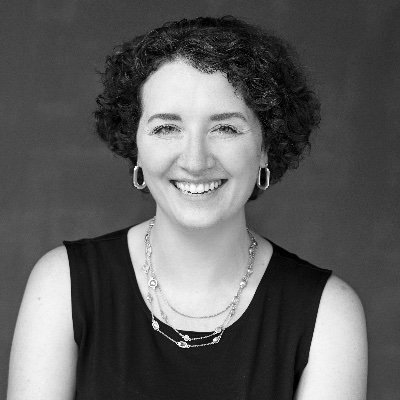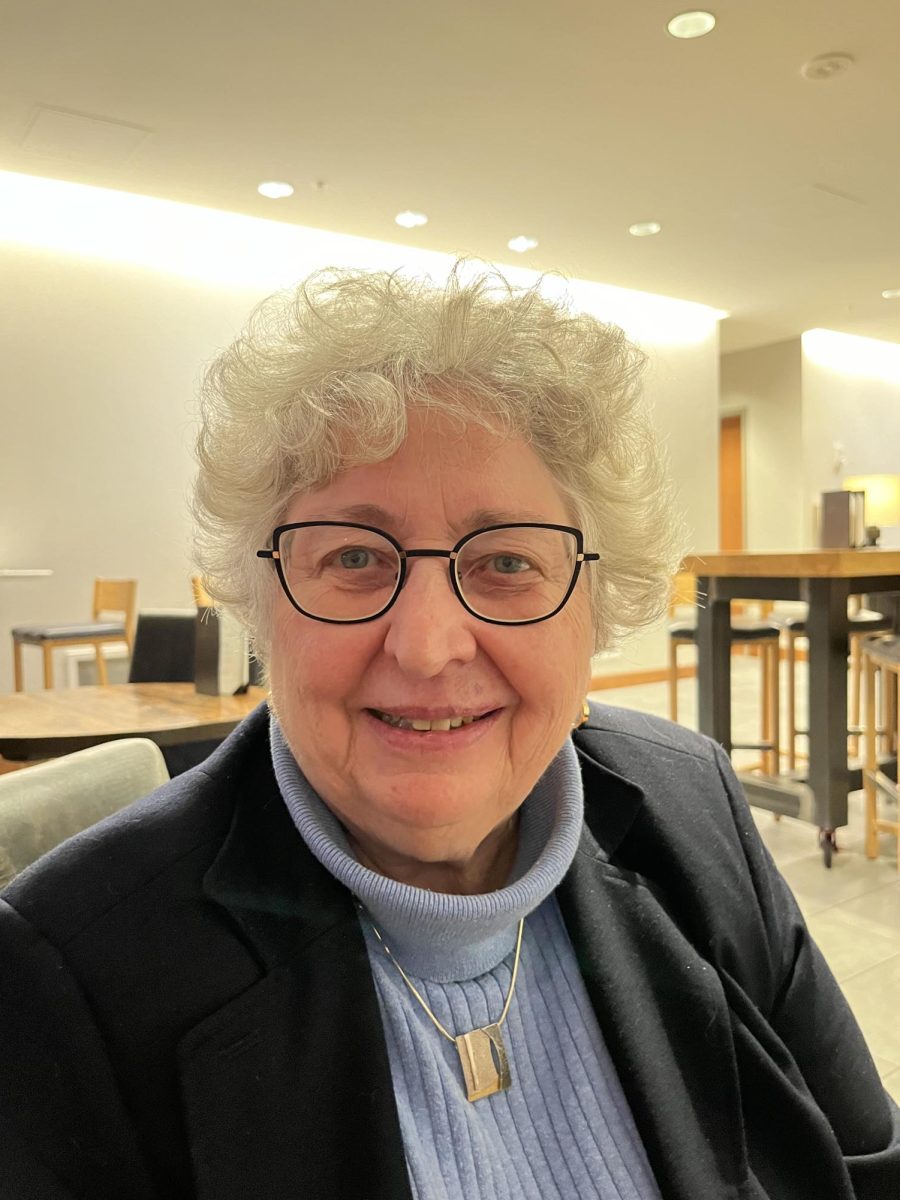Liz Schultz is the executive director of the Oberlin Heritage Center, a member of the Ohio Local History Alliance, and recent recipient of the 2024 Ohio Museums Association Professional of the Year award. Schultz was recognized at the OMA Annual Conference Sunday, March 20, in Athens, Ohio, and gave a brief acceptance speech where she spoke to the responsibility of museums in building community and in being inclusive in all that they do and preserve. Schultz has been working at the OHC for 18 years and has been the director of the center since 2015.
This interview has been edited for length and clarity.
What is the origin of the Oberlin Heritage Center?
The Center used to be called OHIO, which stands for Oberlin Historical and Improvement Organization. In the early turn of the last century, members of the Oberlin community were interested in cleaning up rivers, creating better schools, and improving the services available, which is why the organization had “Improvement” in its name. Later, the improvement organization merged with the Oberlin Historical Society, which is why our organization today has a dual mission: preservation and improvement — although our main focus is historic preservation.
What is your professional background?
My background is actually based in archaeology. I was fortunate to participate in a youth archaeology camp. The first time I excavated, I found an Indigenous stone tool that was thousands of years old. I was hooked! Even though I veered away from archaeology and toward museum work, I’ve always been passionate about the human story. I think it’s important to learn from the past. We must maintain the perspective that the way things are right now is not the way they always have been or need to be.
I was born and raised in Wisconsin, where I got my undergraduate degree in archaeology. I worked at an archaeological lab there and later while pursuing my master’s. While doing archaeological work in Wisconsin, I discovered that I also enjoyed working in collections. I have a master’s degree in Anthropology from Binghamton University in New York. While at Binghamton, I started volunteering at museums for a few hours a week. The work gave me a glimpse into the administrative, behind-the-scenes work done at museums. It helped me understand how museums learn about the people they are serving. I then continued on to pursue a hands-on graduate program in Museum Studies at the Cooperstown Graduate Program.
What archival projects is the Heritage Center currently working on?
The main project led by our collections manager is uploading our collections to a cloud-based platform. When the uploads are complete, the full collection will be accessible to anyone online, which I believe will change how people find and use the sources that we take care of. We are also working on fundraising for grants to support the upkeep of our three historic buildings. In addition to fundraising for building maintenance, I work on finding experts in historic preservation and architecture that can reconstruct the buildings. Overall, strategic planning is a large part of my role.
How does your organization connect with the Oberlin community?
We offer history programming, which is basically lectures almost every month. In February, during Black History Month, we had a program called “Remembering Black Business Owners.” My colleague, Amanda Manahan, worked with families in the community whose parents and older family generations owned Oberlin businesses. We invited those community members to talk at the lecture about their businesses’ histories. We change the program slightly each year to include more stories.
During Women’s History Month, we partnered with the NEA Big Read program, which is focused on the novel Beloved by Toni Morrison. Amanda Manahan researched the history of the story, which is loosely based on a historical figure from Ohio, and her talk was oriented around this history.
We recently invited a speaker from the Western Reserve Historical Society to talk about Larry Doby, one of the second Black men to integrate baseball. When he joined the Cleveland baseball team, he integrated the American League. Many people have only heard of Jackie Robinson. Larry Doby was the second person to do something very similar.
We also do tours of our buildings, history walks around town, and community events during the summer, and we provide research services to the community.
Essentially, at these programs, we try to educate the community about stories like those that aren’t widely known but have direct Oberlin connections, or we bring up stories to maintain Oberlin’s social history.
What is the significance of your award from the Ohio Museums Alliance?
The award is for the 2024 Professional of the Year; it’s simply a recognition of what I’ve done. My colleagues nominated me because this is my 10-year anniversary as the director. The award is in recognition of not only what I do here at the Oberlin Heritage Center, but also my work at the Wilson Bruce Evans Home Historical Society, which is currently being renovated. I’m also now an Ohio Local History Alliance representative, and I’ve served on various community boards.
The award was a surprise for me. My colleagues and some members of peer organizations wrote letters of recommendation. Everything I do here is a team effort, so I’m incredibly grateful to have been granted this award.
What are your goals for the future of the Oberlin Heritage Center?
As previously mentioned, we are working on uploading our collections to the cloud so that they will be more accessible online. We recently updated our website for a similar reason. Additionally, we have been focused on our Diversity, Equity, Accessibility, and Inclusion platform. We are in collaboration with other organizations to advance inclusion. Our organization hasn’t always been perfect at making sure that the full history of Oberlin is represented, so we are working to improve. Right now, there is a definite attack on histories in our country and a concerted effort being made to erase them. That’s not something that we will be participating in.
Is there anything else that you think would be important to mention about the Heritage Center?
People can always become members of the Heritage Center. Students are welcome and have a discount. More importantly, if students are interested in volunteering for internship projects, they should get in touch with us a month or so before a semester starts.


